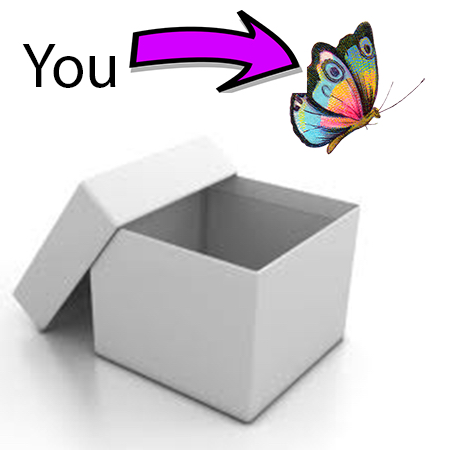By Vanessa Brown, MA, MFTI
I felt a personal and political connection to the transgender community before I came out as bisexual. I had the opportunity to work as a volunteer for a nonprofit organization that provided counseling and mentorship to LGBT youth, many of whom were transwomen whose parents had kicked them out of their homes and were trying to survive by working as sex workers in New York City. We provided them with safe sex education, safe sex supplies and outreach training, and they in turn would distribute safe sex supplies and information to their fellow sex workers who didn’t have access to these resources. Having grown up in a heterosexist, conservative environment for my entire life up until that point, I had never known about the transgender community. However, as soon as I found out about gender fluidity and transsexualism, it just made sense to me. I immediately felt an admiration and empathy for them – I saw them as the warriors and strong human beings that they were; individuals who, against all odds, came out as transgender; and in spite of the stigma and risk of surviving on the streets they did it and held their heads high. They were transitional age youth, between 17 and 24, and many of them people of color. As an African-American cisgender woman from a working class, inner city background, I found that their unwavering courage, pride in who they were, and fierce resiliency were humbling and to this day inspire me constantly.
I continued to educate myself on transgender issues and read everything I could get my hands on, including work by iconic activists Leslie Feinberg, Susan Stryker, and Kate Bornstein, among many others. When I was 28, I was traveling through this learning experience, meeting members of the transgender community through various events and going to trainings and conferences, I came out as bisexual. While going through my own coming out process, I continued to work with many wonderful transgender people throughout the years in community-based organizations, facilitating support groups for transgender individuals, engaging in advocacy work in the community, and addressing issues of discrimination that transgender folks experience on all levels.
As much as I have been involved personally and politically in the transgender community, my involvement reached another personal level six years ago when I met and fell in love with my partner, J, who is an FTM transgender person. When I met J, he had just been transitioning for six months, after identifying and being an active and influential member of the lesbian community for over 25 years. I have been one of the closest people to him throughout this process. As a trained and experienced therapist, I have been working with our transgender brothers and sisters for years; however, when you are partners with someone, of course the perspective is somewhat different. There is a level of intimacy that I had never experienced as a professional working with people going through this process. I have been witness to all of his victories and challenges in every area of his life related to his gender presentation, providing love and support along the way.
The most frustrating times are when I am unable to really do anything tangible for him while he deals with a medical system that, for the most part, has little to no knowledge of how to effectively help its transgender clients, instead, putting them in a box and assuming what they “should” receive in terms of “treatment,” like believing that every transman would want a hysterectomy, or that all transgender people have to undergo sex reassignment surgery.
When J tells me about these experiences, I want to go out and yell at these providers. To me, there is no excuse in 2013 for any medical or mental health provider not to have at least basic knowledge of transgender biological, psychological, and sociological issues. However, since I can’t do that, I am resigned to limiting my support to validating and empathizing with his frustrations and providing information on as many transgender-friendly resources as I can. He also provides support for me when I encounter ignorance from others who either place me in a box because of my sexual orientation or refuse to acknowledge my bisexuality as a sexual orientation at all.
As with other individuals I have had the pleasure of working with through gender transition, I have a huge level of respect and admiration for J as he moves through the world as a gender warrior. He tells me that he is pleased I am in the mental health field, and that my work is needed in the community. That truly encourages me to continue to fight, advocate, and educate to get the human rights that everyone deserves.
Vanessa Brown is an openly bisexual marriage and family therapist intern currently living in San Francisco. She has been working with the LGBT community for the past 13 years.

